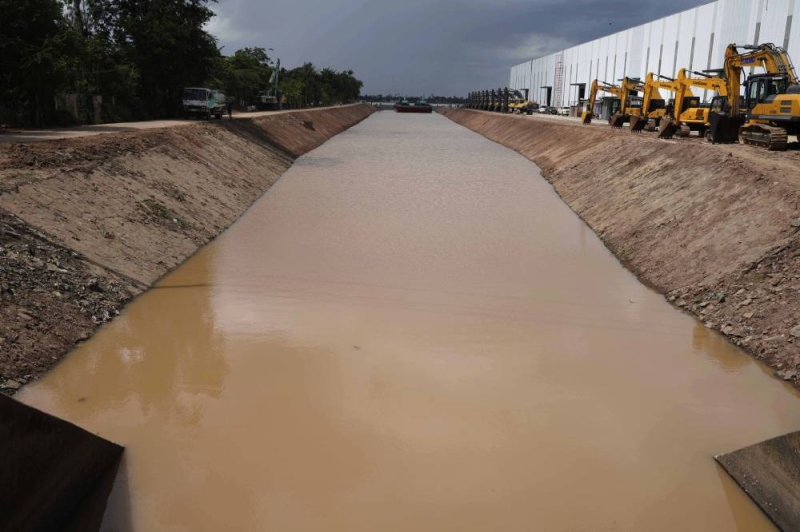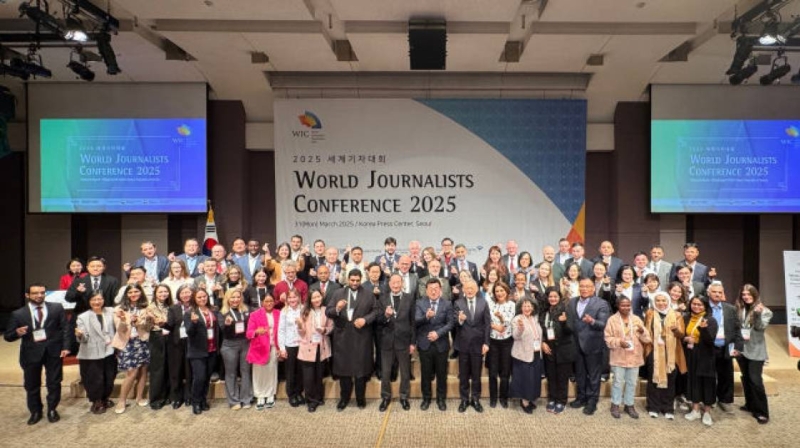We need additional resources: Zoellick
We need additional resources: Zoellick
Published: 04:13 am Oct 04, 2009
ISTANBUL: World Bank president Robert Zoellick said developing countries are still deeply hurt by the global economic downturn and the poverty-fighting institution needs more resources to help them. Speaking ahead of the start of the World Bank and International Monetary Fund in Istanbul, Zoellick said he will make a case this weekend to member nations to increase their financial contributions to the Bank in the face of rising demand for its loans and grants. That increase would likely include funding from emerging economies in exchange for a greater say in the institution, he said, adding he was aware that budgets of rich nations were strained by the global financial crisis. Last week Group of 20 member nations proposed a shift in World Bank voting power from developed countries to developing nations of 3 percentage points next year. Unless it gets more funding from member countries, the World Bank has warned it will start facing serious financing constraints by the middle of next year. Zoellick said while some economies are seeing signs of economic recovery, the world’s poorest are still being hurt by a drop in global trade, lower worker remittances and falling tourism revenues. He called on member countries to also support a proposal for a crisis facility for low-income countries, which would protect social programs during future financial crises. “We’ve broken the fall in financial markets but it’s certainly too early to declare success,” Zoellick said, adding that 2009 will be a difficult year and 2010 will be uncertain as governments begin to withdraw their intervention in the economy. “The danger today is no longer, fortunately, one of a collapse in the world economy. The danger today is one of complacency,” he said, “If the crisis wanes there will be a natural tendency to return to business as usual. It will become harder to convince countries to cooperate.” In the last fiscal year, the World Bank tripled lending to middle-income countries to $33 billion and increased loans and grant handouts by 25 per cent to $14 billion for poorer ones. Zoellick said while India and China were leading the global recovery, other developing nations in south-east Asia, Latin America and the Middle East could also serve as engines of growth by picking up the slack in demand in advanced economies. “A multi-polar economy less reliant on the US consumer will be a more stable world economy,” WB president Zoellick pointed out.





